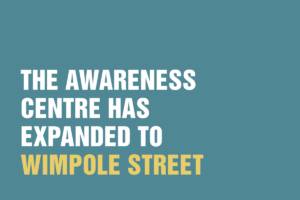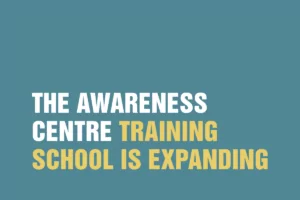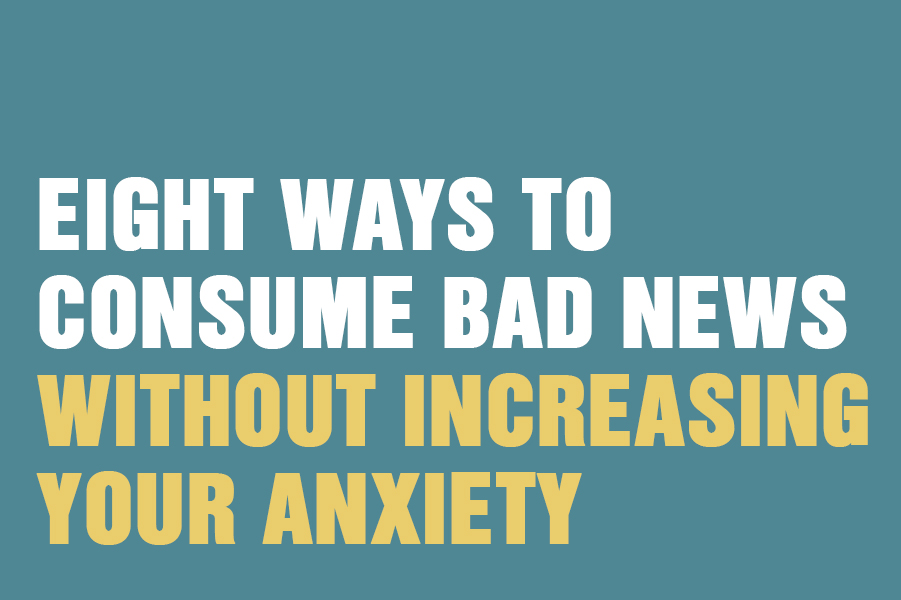Flashbacks can be incredibly scary and disorientating for a person to deal with, whether they’re emotional flashbacks or related to post-traumatic stress disorder (PTSD). If you experience flashbacks as a result of past trauma, you might find that your day-to-day life is impacted by their disruptive and often unpredictable nature. The flashbacks themselves can be highly traumatic, and not knowing when they might occur can make it difficult to lead a life that isn’t dominated by stress or worry.
If you’re dealing with past trauma and flashbacks, there are solutions to help you work through what you’re feeling and experiencing. In this blog, we’re going to talk about some of the ways you can manage flashbacks and deal with them in a constructive way.
What is a Flashback?
First, it’s important to understand what a flashback is. Typically associated with PTSD, a flashback can make you feel as though you’re reliving a traumatic experience as you experience intense emotions from painful memories. Sometimes, you’re able to remain somewhat present in your current situation and the flashback is only temporary, but other times, you may not have any awareness of the present situation and are fully absorbed in the flashback.
What is Dissociation?
Dissociation can sometimes be a symptom of PTSD and involves feeling disconnected from either yourself or what is happening around you. Dissociation and flashbacks differ slightly. With dissociation, some people experience daydream-like episodes that are brief and temporary; whereas other people may feel like they’re not in their body, and may lose their memory for a period of time whilst going through a dissociative experience.
How to Deal with Flashbacks from Traumatic Events
There is no one-size-fits-all solution to dealing with flashbacks from past traumatic events because everyone experiences them in a different way. That being said, there are a couple of different methods lots of people find useful when trying to cope with and manage their flashbacks, some of which can help to prevent flashbacks from happening.
1. Identify your triggers
The first step is to know what your triggers are. Most flashbacks and dissociative episodes are brought on by an external trigger. This will vary depending on the traumatic event you experienced, but some common triggers include specific people or places, and even smells.
When you know what your triggers are, you can work to reduce your exposure to those things: for example, not visiting a place that reminds you of what happened. Sometimes, it’s not possible to avoid triggers, either because it’s something like a smell that can’t be controlled, or because the trigger might appear unknowingly. In these instances, it’s a good idea to try and come up with a plan for what you can do in terms of managing your reaction to a trigger. Attending therapy for PTSD might be helpful for you and enable you to navigate tricky situations and triggers and manage them as best as possible.
2. Learn warning signs
Flashbacks tend to be unpredictable, but more often than not, there will be some early indicators that you’re about to experience a flashback, such as your vision going blurry. Generally speaking, flashbacks that are caught early are easier to manage, and this is why it’s a good idea to try to understand the early signs that you’re going to have a flashback.
To do this, you could keep a diary and write down what you experienced before the flashback started, making sure to note down as many symptoms as you can. When your body begins to feel like it’s having another flashback, you will be able to recognise it and use coping strategies to lessen the impact.
3. Grounding
Grounding is a type of coping mechanism that aims to keep you grounded in reality. This means ensuring you can stay connected to your immediate surroundings without falling too far into a flashback. Grounding techniques use your five senses and are something many people with trauma find useful when coping with flashbacks.
The first step is to look at your surroundings and make a note of things you see. You could list all of the colours you see, or even what furniture you’re looking at. Next, you will want to try and smell something strong, like mint. Strong smells are hard to ignore, meaning your brain will want to focus on that instead.
Thirdly, think about sounds. If needs be, turn on some really loud music. Like strong smells, loud noises are difficult to ignore. The same goes for taste and touch. Extreme sense experiences are good for keeping you in the present moment, so think about eating something strong, like biting into a lemon, or touching something cold, like an ice cube.
4. Ask friends to help
It can be difficult to form and maintain strong bonds if you’re dealing with trauma, but research points to social support helping to ease the severity of flashbacks and dissociation. If you have one good friend or family member who you can trust, talk to them about your triggers and early warning signs so they know what to look out for and how to help you.
5. Get professional help
Sometimes, asking for help can be the hardest step; but there’s no shame in it. In fact, seeing a trauma-informed therapist could be one of the best treatment options and provide you with the most educated insight into how you can manage your flashbacks and confront your trauma. In a controlled and professional environment, you can undergo a range of psychotherapy treatments to help reduce your symptoms, including cognitive behavioural therapy (CBT), cognitive processing therapy (CPT), or eye movement desensitisation and reprocessing therapy (EMDR).
If you have complex PTSD, you might also find medications like selective serotonin reuptake inhibitors (SSRIs) could help to mitigate some of your symptoms.
Managing Flashbacks at The Awareness Centre
At TAC, we know how debilitating flashbacks can be. We have a team of friendly and experienced therapists who can help you navigate your trauma and find ways to cope with and reduce flashbacks if you’re struggling. To find out more about how we might be able to help you, please get in touch with a member of our team.







